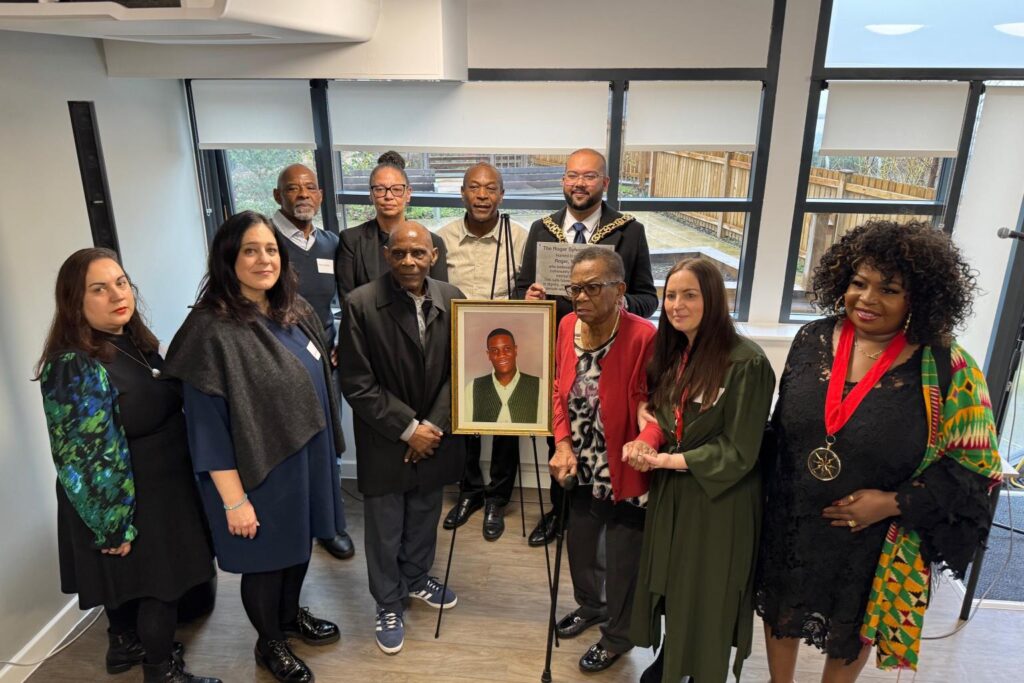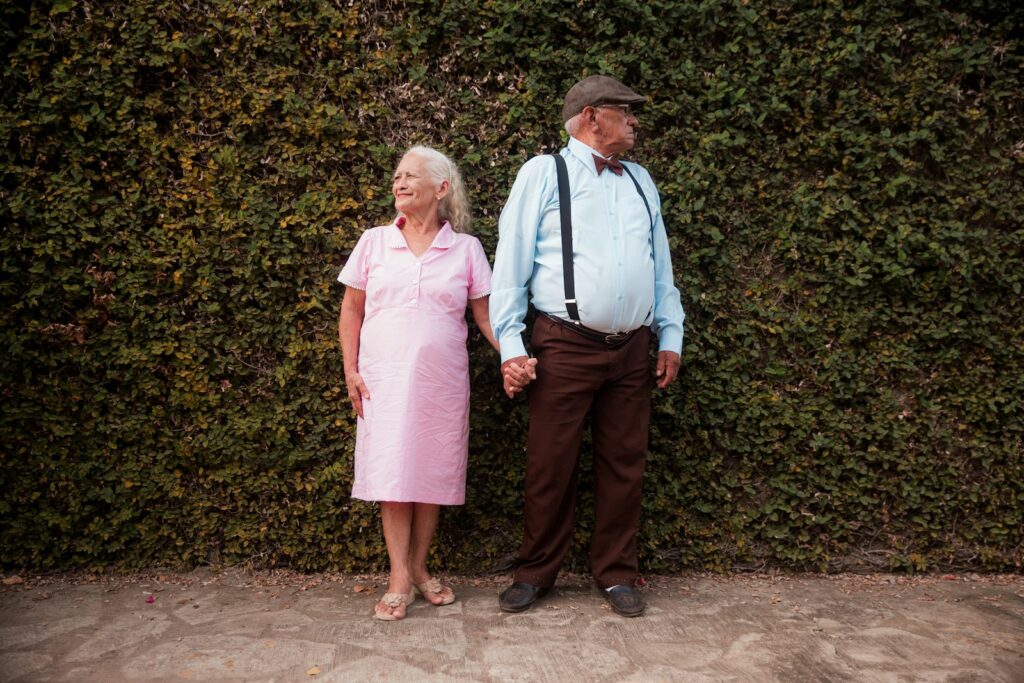A new report from the children’s charity highlights the harrowing experiences children of colour experience within the care system.
As it stands research into young Black people’s experience of the care system is limited. However, a new report from Barnardo’s, a leading UK children’s charity, provides a tragic yet grounding insight.
Titled ‘Double Discrimination’, the new report, which was released at the end of last week, outlines examples of racism, exclusion, and isolation experienced by young Black people in foster care placements, education, mental health provision, residential settings, and prison. These include being ignored when reporting racial issues and care staff involving the police as a tool of discipline in non-criminal matters.
To conduct their research, Barnardo’s commissioned social research agency Listen up to conduct in-depth interviews with 22 young Black care-experienced people aged between 18-25 who are currently serving custodial sentences in England.
The research found professionals often held low expectations for young Black people and the support shown for them was few and far between – 15 out of the 22 young people interviewed reported inconsistent support from their social workers.
Whilst being interviewed, one young person said: ‘Within the three years I’ve had about five different social workers, whether they’ve left whether they’ve quit the job, gone to do something in a new department and right now I’ve even got someone new that I’ve only known for a month.
‘It’s just I don’t feel comfortable talking to him, because [they’re] just going to [go] one day, and I’m just going to do all this all over again.’
Zooming in on the research, findings outlined 20 out of the 22 young people disclosed experiences of racism or different treatment based on their race and ethnicity in care settings, throughout their education and/or within the justice system.
Following this, despite having experienced trauma through being treated isolated, a mere four out of 22 people interviewed were offered mental health support. This was in spite of most people sharing direct traumatic experiences throughout childhood, adolescence, and adulthood.
Lynn Perry, Barnardo’s CEO, said: ‘Children who can’t live with their birth parents need love, support, and opportunities so they can achieve their ambitions as adults. Sadly the young Black people who took part in our research told us that they have faced discrimination on two fronts, because of their cultural heritage and the fact that they have been in care.
‘We know that Black children are over-represented in the care system, and Black young people are far more likely to be in the criminal justice system. Too often Black children are also adultified and denied the support they need to address their trauma. Barnardo’s is calling for decision makers and those working in the care and criminal justice sectors to work with us to help reduce the criminalisation of children in the care system, tackle institutional racism and improve access to mental health support to give these children a brighter future.’
Barnardo’s have gone above and beyond to raise awareness for this issue as alongside collecting new research for their report, the charity have also been working with Manchester Metropolitan University and Lancaster University who have carried out related research highlighting young Black care-experienced people are statistically overrepresented in the criminal justice system.
Manchester Met found that while 33% of care-experienced children received a youth justice caution or conviction between the ages of 10 and 17, the figure was higher for Black Caribbean care-experienced children (39%), Mixed (White and Black African) care-experienced children (38%) and Mixed (White and Black Caribbean) care-experienced children (42%).
Image: Jon Tyson
Organisational racism in NHS prevents progress on healthcare staff inequities
Comment: universities to become racially inclusive to attract aspiring social workers

















Leave a Reply